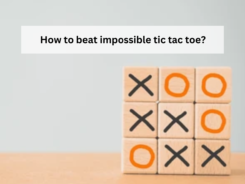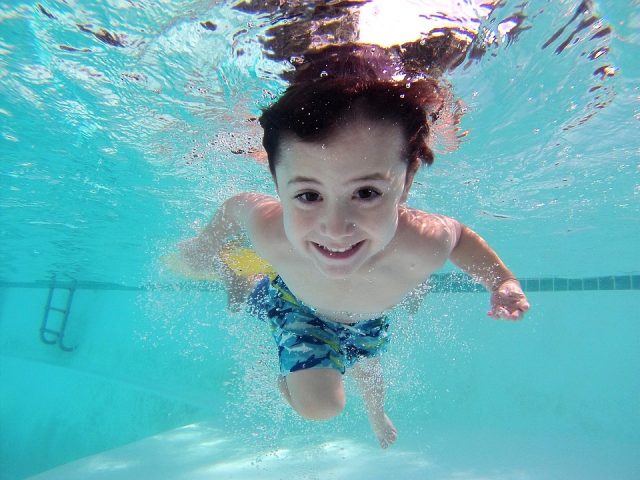Chlorine is a necessary chemical disinfectant that is used in the pools. It keeps the water along with the other chemicals that are used in the pools. It contributes to the pH levels and thus can harm the oral health. Chlorine is one of the leading causes of teeth discoloration and people do not know that. It is rare to gauge the issues you can face as you cannot see the pH balance of the pool. The dentists term it as “Swimmer’s calculus.”
The high pH level in the pools prevents the saliva to perform its basic job of cleansing the mouth and make the teeth vulnerable to bacteria attacks and infections and it also leaves behind stains on the teeth. The pH level also causes the enamel of the teeth to wear off, thus making teeth more prone to decay and damage, and most sensitive.
The tearing of the enamel exposes the teeth to the chlorine and make them discolored. Enamel, once eroded, cannot be restored and fill forever make you skeptical to oral health issues. People who indulge in swimming regularly experience poor enamel health and have often reported poor dental health and tooth sensitivity. This prolonged exposure to chlorine infected water can damage the tooth to such severe conditions that it can lead to the risk of heart diseases.
How to protect your teeth from getting damaged from chlorine exposure while swimming.
The simplest and the most important thing that you can do to protect your teeth from getting damaged from Chlorine is to keep your mouth shut while you are in the pool. It is very difficult to avoid the water from getting inside your mouth, but you have to try your level best to protect it from any kind of damage. The less your mouth would be exposed to the chlorine water, the better it would be for your oral health. The most difficult is to protect the kids from getting their teeth infected by the chlorine. Kids find it hard to keep their mouth closed and since they are not well trained to breathe in a certain manner while swimming, they often drink the pools’ water. It is important to teach the kids early about the dangers of drinking the pool water and the technique to breathe properly without getting the water in their mouth.
People who are likely to swim a lot are suggested to use toothpaste with MI and xylitol additives. They have calcium and phosphorus in them and can help fight the acid that the pool water has left in the mouth. If not, baking soda is a good and effective replacement to that. Mic it with hydrogen peroxide and rub the paste gently on your teeth before you brush your teeth. It will help the teeth fight the harmful acids and would also make the tooth strong enough to fight the harm-causing bacteria.
In fact, the dentist near my location suggested that one must try going to pools where the pH level is controlled to get less exposure to the harms of chlorine water.
















































































